A Guide to Stem Cell Therapy for Kidney Failure in Europe
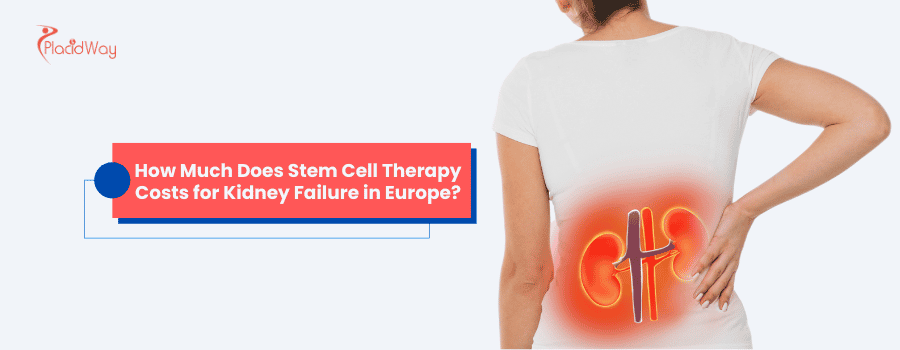
Stem cell therapy for kidney failure is an innovative and evolving treatment, and its cost in Europe can vary significantly. Patients often seek out this advanced therapy, particularly due to the limitations of traditional treatments like dialysis and kidney transplantation. While not yet a standard, widespread cure, stem cell therapy offers a promising avenue for kidney regeneration and improved function, sparking considerable interest globally. Understanding the potential financial implications is crucial for those considering this treatment in European countries.
How much does stem cell therapy for kidney failure typically cost in Europe?
"The cost of stem cell therapy for kidney failure in Europe generally ranges from €7,000 to €31,000, with some more advanced or comprehensive protocols potentially exceeding this range, depending on the clinic, country, and specific treatment plan."
The price of stem cell therapy for kidney failure is not uniform across Europe. This broad range reflects various factors, including the type of stem cells used, the number of treatment sessions, the reputation and location of the clinic, and the overall complexity of the patient's condition. While Western European countries like Germany and Switzerland may have higher costs due to advanced facilities and stricter regulations, Eastern European nations such as Ukraine, Poland, and Serbia often offer more affordable options without compromising on quality of care. It's essential for patients to research thoroughly and consider all aspects of the treatment package.
What factors influence the cost of stem cell therapy for kidney failure in Europe?
"Several key factors influence the cost of stem cell therapy for kidney failure in Europe, including the type and source of stem cells, the number of administered cells, the complexity of the patient's condition, the clinic's reputation and location, and the inclusion of additional services like diagnostics and post-treatment care."
The cost is highly individualized. For instance, autologous stem cells, derived from the patient's own body, are often less expensive to process and administer than allogeneic stem cells, which come from a donor and require careful matching and processing. The number of stem cells required for effective treatment also plays a significant role; higher cell counts, often necessary for chronic or advanced kidney failure, naturally increase the overall cost. Furthermore, a clinic's standing and location within Europe can impact pricing. Highly specialized centers in major medical hubs tend to charge more for their expertise and advanced equipment. Finally, comprehensive packages that include initial consultations, diagnostic tests, multiple treatment sessions, and follow-up care will naturally have a higher price point than basic treatment protocols.
Are there more affordable options for stem cell therapy for kidney failure in Europe?
"Yes, there are often more affordable options for stem cell therapy for kidney failure in Europe, particularly in Eastern European countries like Ukraine, Poland, and Turkey, which offer competitive pricing while maintaining high standards of medical care and modern facilities."
Many patients seeking more budget-friendly options turn to countries known for medical tourism. These destinations have developed robust healthcare infrastructures capable of delivering high-quality medical treatments, including stem cell therapy, at a fraction of the cost found in Western Europe or North America. The lower cost of living and operational expenses in these regions contribute to the more attractive pricing. It's important to note that affordability doesn't necessarily mean lower quality; many clinics in these countries adhere to international medical standards and boast experienced specialists.
Does insurance cover stem cell therapy for kidney failure in Europe?
"Generally, stem cell therapy for kidney failure is not covered by standard health insurance in Europe, especially for international patients, as many stem cell treatments are still considered experimental or investigational and not yet part of the standard of care."
While the field of regenerative medicine is rapidly advancing, most national health systems and private insurance companies categorize stem cell therapy for conditions like kidney failure as experimental. This means patients are typically responsible for the full out-of-pocket cost. It is always advisable to contact your insurance provider directly to understand their specific policies regarding novel treatments and to verify if any part of the diagnostic or supportive care might be covered.
What types of stem cells are typically used for kidney failure treatment in Europe?
"For kidney failure treatment in Europe, the most commonly explored types of stem cells include Mesenchymal Stem Cells (MSCs), derived from sources like bone marrow, adipose tissue, or umbilical cord tissue, due to their regenerative and immunomodulatory properties."
Mesenchymal Stem Cells (MSCs) are favored for their ability to differentiate into various cell types and their significant anti-inflammatory and tissue-repairing capabilities. These properties make them particularly promising for regenerating damaged kidney tissue and reducing inflammation associated with kidney disease. Research is also ongoing into the use of Induced Pluripotent Stem Cells (iPSCs), which have the potential to differentiate into any cell type, including kidney cells, though their clinical application for kidney failure is still largely in the research phase due to complexities and higher costs.
How long does a stem cell therapy procedure for kidney failure take in Europe?
"The stem cell therapy procedure for kidney failure in Europe typically involves multiple stages, from initial consultation and cell preparation to administration and follow-up, often requiring a stay of 3 to 7 days for the core treatment, with overall treatment plans potentially spanning several weeks or months for full recovery and monitoring."
The timeline varies depending on the specific protocol. Initial assessments and diagnostic tests may take a few days. If autologous stem cells are used, the harvesting and processing of these cells can add to the initial phase. The actual administration of stem cells, often through intravenous infusion, is usually a relatively quick procedure. However, patients may need to remain at the clinic for a few days for observation and initial post-treatment care. Follow-up appointments and continued monitoring are crucial to assess the treatment's efficacy and manage any potential side effects.
What should I expect during a stem cell therapy consultation for kidney failure in Europe?
"During a stem cell therapy consultation for kidney failure in Europe, you should expect a thorough review of your medical history, current kidney function, and diagnostic test results, followed by a detailed discussion of the proposed treatment plan, potential outcomes, risks, and a clear breakdown of the stem cell therapy cost."
The consultation is a critical step where the medical team evaluates your suitability for stem cell therapy. This often includes recent blood tests, imaging studies, and a comprehensive physical examination. The doctor will explain the different types of stem cells, how they will be administered, and what improvements you might realistically expect. They will also address potential side effects and discuss the overall treatment cost, including any associated fees for follow-up care or additional services. This is your opportunity to ask all your questions and ensure you fully understand the process.
What are the potential benefits of stem cell therapy for kidney failure?
"The potential benefits of stem cell therapy for kidney failure include improved kidney function, reduced inflammation, slowing the progression of kidney disease, and potentially delaying or reducing the need for dialysis or transplantation."
Stem cell therapy aims to regenerate damaged kidney tissue, modulate the immune response, and reduce fibrosis, which is a common problem in kidney failure. By promoting the repair and regeneration of kidney cells, this innovative treatment seeks to improve the organ's filtration capabilities and overall function. While results can vary among individuals, many patients report improvements in their symptoms and overall quality of life.
What are the risks associated with stem cell therapy for kidney failure?
"While generally considered safe, the risks associated with stem cell therapy for kidney failure can include infection at the injection site, immune rejection (especially with allogeneic cells), potential for tumor formation (more theoretical than observed with MSCs), and adverse reactions to the treatment."
Like any medical procedure, stem cell therapy carries some inherent risks. Reputable clinics in Europe adhere to strict safety protocols to minimize these risks. The risk of immune rejection is lower with autologous stem cells (from the patient's own body) compared to allogeneic stem cells (from a donor). It's crucial for patients to choose accredited clinics with experienced medical professionals who prioritize patient safety and provide thorough post-treatment monitoring.
Is stem cell therapy for kidney failure a cure?
"Currently, stem cell therapy for kidney failure is not considered a definitive cure but rather a promising regenerative treatment that can improve kidney function, slow disease progression, and enhance quality of life for many patients."
While research is advancing rapidly, stem cell therapy for kidney failure is still considered an emerging field. It aims to restore function and mitigate symptoms rather than completely reverse the condition in all cases. The goal is to provide significant therapeutic benefits that can reduce the burden of the disease and improve patient outcomes, potentially delaying or even avoiding the need for more invasive interventions like dialysis or kidney transplantation.
How do European regulations impact stem cell therapy for kidney failure?
"European regulations significantly impact stem cell therapy for kidney failure by ensuring strict safety and ethical standards for research, production, and clinical application of stem cells, particularly through oversight by bodies like the European Medicines Agency (EMA)."
The European Union has a robust regulatory framework for advanced therapy medicinal products (ATMPs), which include stem cell therapies. These regulations aim to protect patients by ensuring that therapies are safe, effective, and ethically sourced. This rigorous oversight means that clinics offering stem cell therapy for kidney failure in regulated European countries often adhere to high standards of quality control and patient care, instilling greater confidence in the treatment provided. However, the exact regulatory landscape can vary slightly between individual European countries.
What types of clinics offer stem cell therapy for kidney failure in Europe?
"In Europe, stem cell therapy for kidney failure is typically offered by specialized private clinics, regenerative medicine centers, and sometimes within academic medical institutions that focus on advanced and experimental therapies."
These clinics often have state-of-the-art facilities, specialized laboratories for cell processing, and a team of medical professionals with expertise in regenerative medicine, nephrology, and immunology. When choosing a clinic, it's vital to look for accreditation, physician credentials, and transparent information about their treatment protocols and success rates.
What post-treatment care is typically required after stem cell therapy for kidney failure?
"Post-treatment care after stem cell therapy for kidney failure typically involves regular follow-up consultations, blood tests to monitor kidney function, imaging studies, and adherence to lifestyle recommendations to optimize the therapeutic effects and ensure long-term well-being."
The post-treatment phase is crucial for assessing the effectiveness of the stem cell therapy and managing any potential long-term effects. This may include regular monitoring of creatinine levels, glomerular filtration rate (GFR), and other markers of kidney health. Patients are often advised on diet, hydration, and medication adjustments to support kidney health and enhance the regenerative process initiated by the stem cells. Some clinics may also offer complementary therapies or nutritional support to further aid recovery.
Explore PlacidWay for solutions related to medical tourism, healthcare services, or other relevant offerings to find the ideal path for your health journey.


.png)





.jpg)
.jpg)
.jpg)
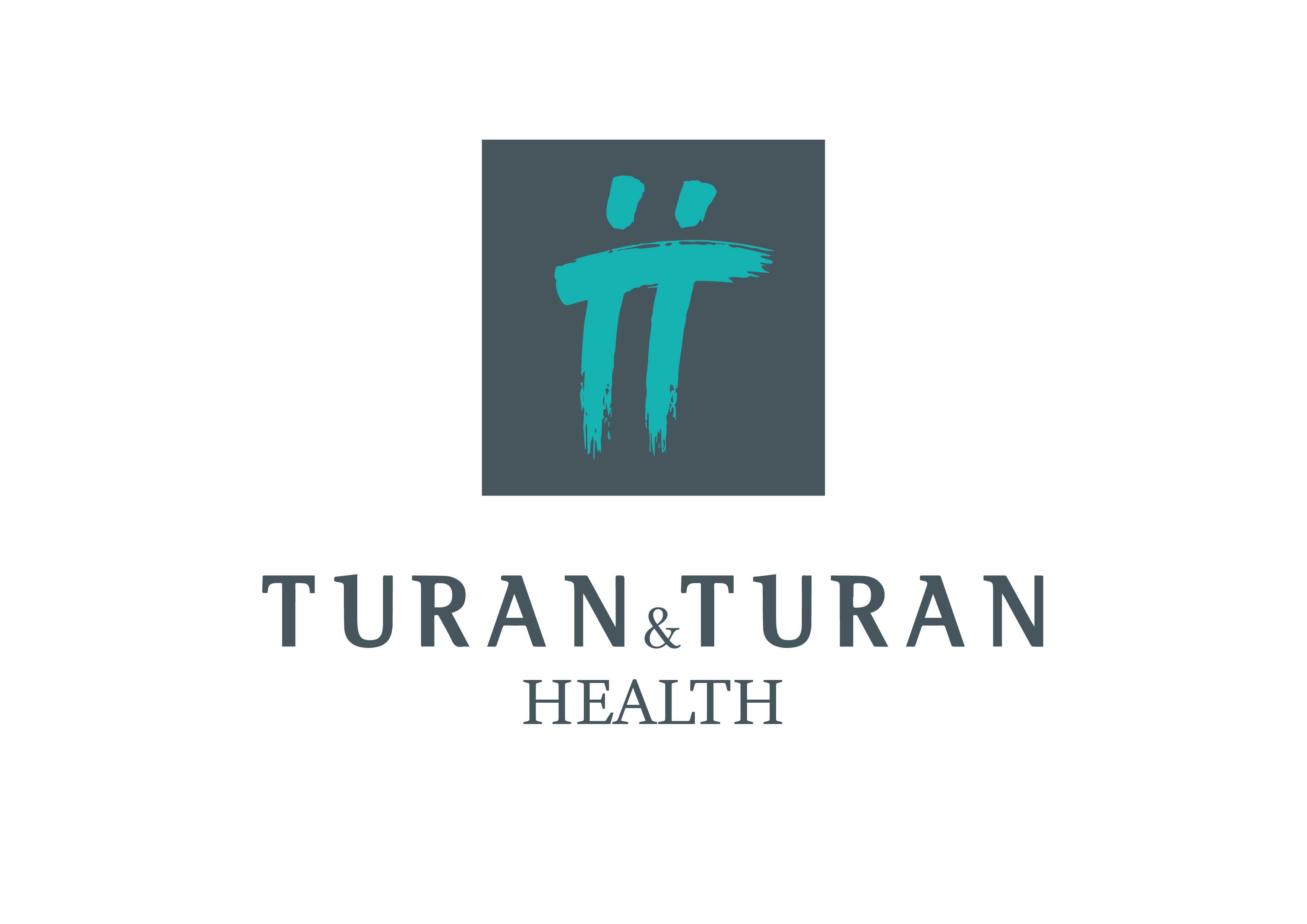
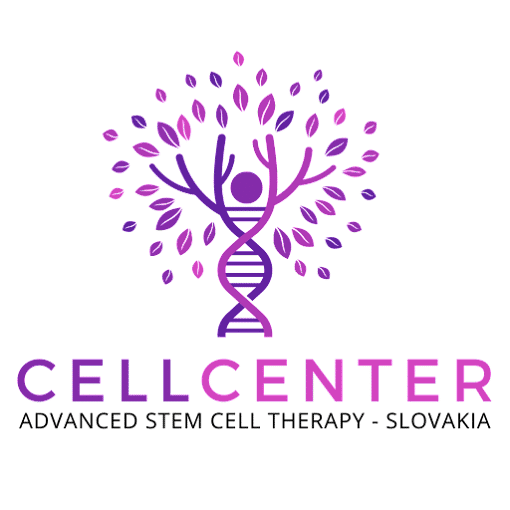

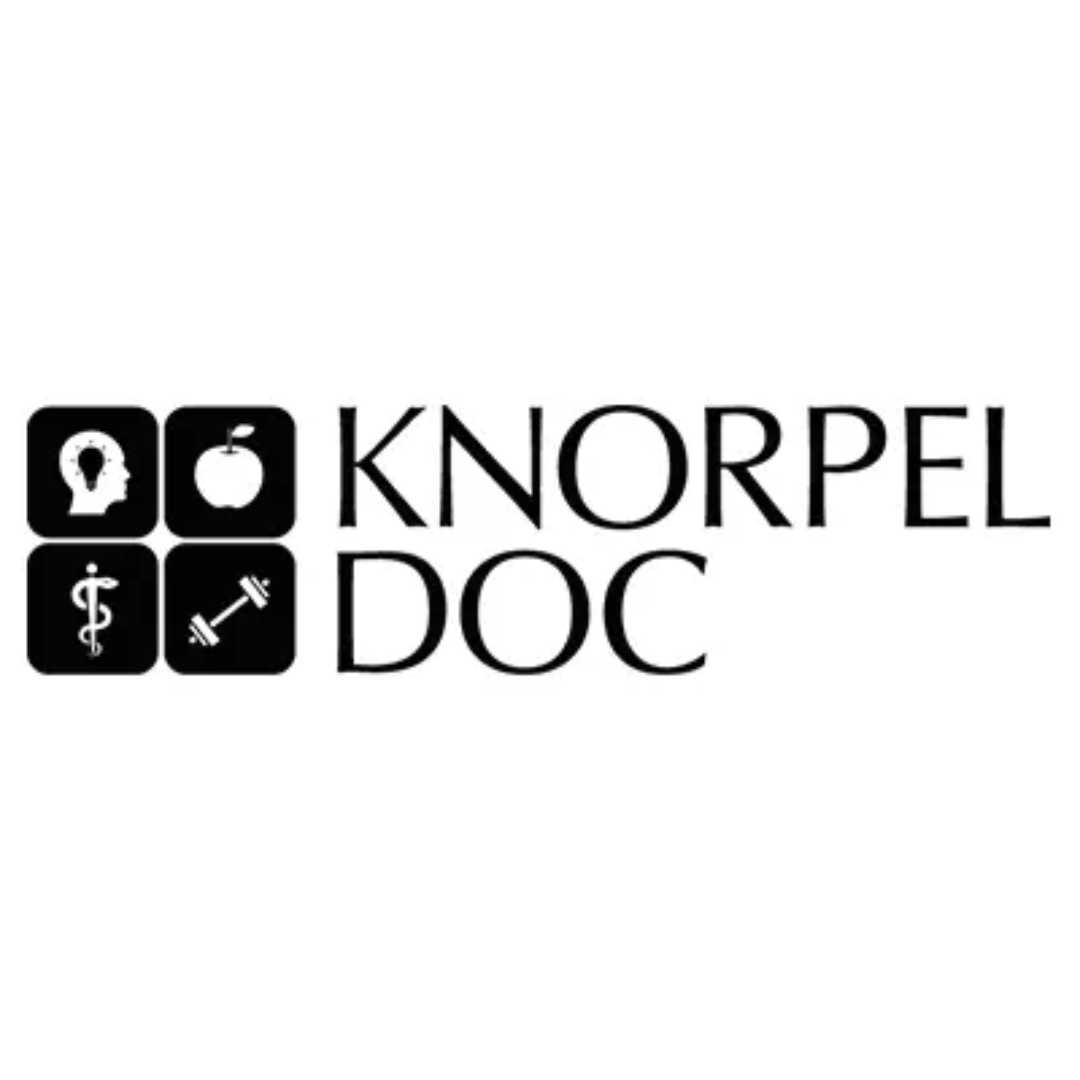
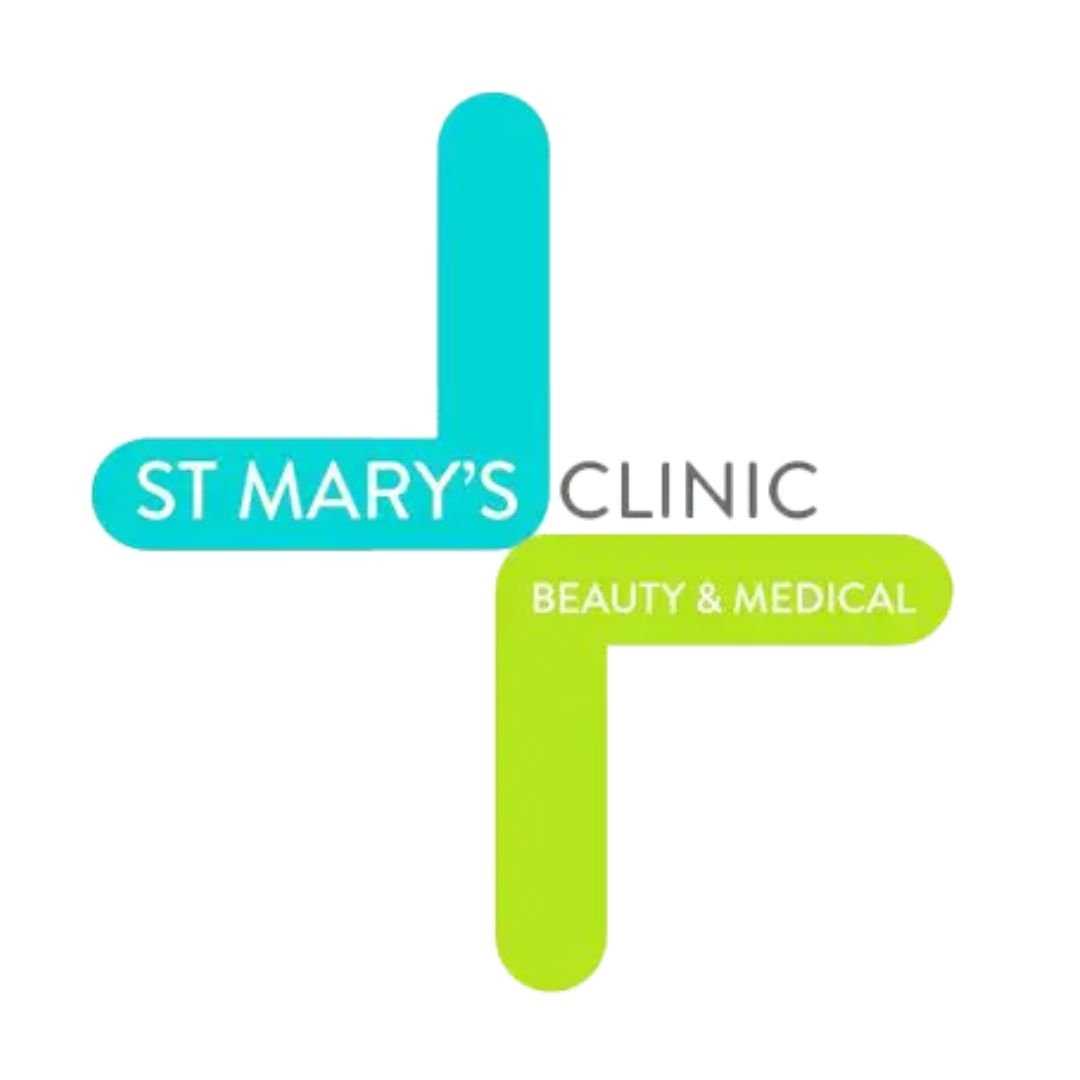

Share this listing